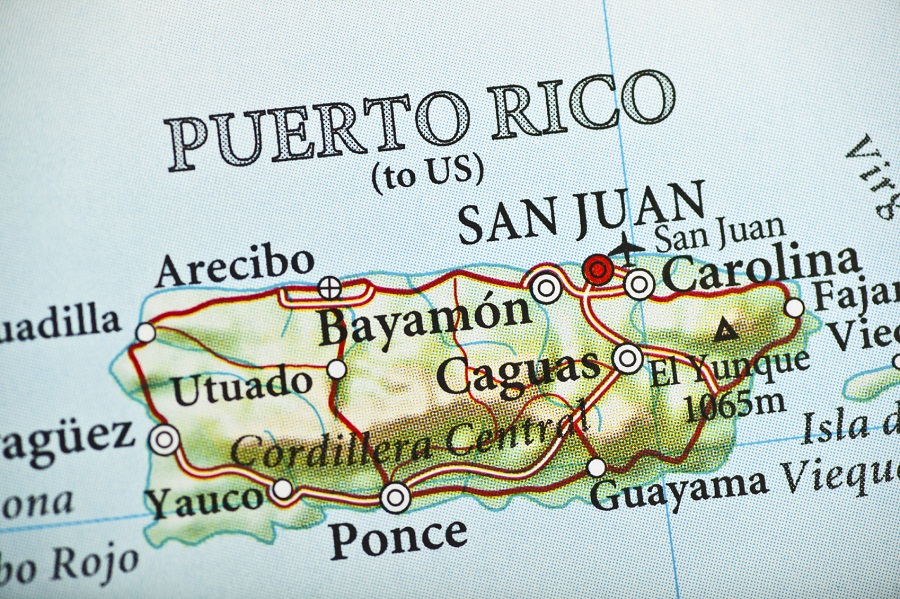Nearly a decade after a recession swept ashore in Puerto Rico, investors unaware of their yield-boosting investment in the island's bonds are facing the possibility that they won't get all of their money back.
The new fears of default have been building in the days since the U.S. commonwealth's governor, Alejandro García Padilla, gave an interview and then a televised speech Monday indicating the country would be unable to pay its $72 billion in debts as planned.
The $11 billion in Puerto Rican securities held by mutual funds — which includes a variety of securities other than debt issued by the commonwealth itself — is a small figure compared to the $576 billion in U.S. municipal bond funds.
But nearly 50 funds sought for their safety and tax advantages hold more than 5% of their weight in Puerto Rican securities. A group managed by firms such as OppenheimerFunds and Franklin Templeton Investments, hold as much as 47% in those debts, according to research firm Morningstar Inc.
Among funds holding the largest exposure are the Franklin Double Tax-Free Income Fund (FPRTX), with 47% of its fund in Puerto Rican securities, while the Oppenheimer Rochester Maryland Municipal Fund (ORMDX) holds 37%.
NO RESOLUTION ON THE HORIZON
“There is nothing on the horizon that we see allowing this to be resolved any time soon,” said Eduardo J. Ramos, a financial adviser at Freedom Advisory, which is based in Guaynabo, Puerto Rico. “It's scary.”
Fund managers who sought the island's debt to boost yields could pay a price.
OppenheimerFunds, for one, already has. Its muni funds — which have billions in exposure to the commonwealth — lost nearly $2.6 billion to investor redemptions over the last year, according to Morningstar.
The fund company declined to make someone available to discuss the potential impact on their funds, but the firm released a statement this week saying it was “disheartened” by the governor's speech and “ready to defend the previously agreed to terms in each and every bond indenture.”
“OppenheimerFunds Rochester and other creditors have offered Governor Alejandro García Padilla and Puerto Rico numerous creative and viable solutions to the current fiscal situation facing the island's public power authority,” the firm said. “We strongly believe the commonwealth has the ability to provide essential services to its citizens, grow the economy and repay what bondholders are due.”
Franklin Templeton officials did not respond to requests for comment but the firm's municipal bond directors weighed in Tuesday.
"We think it will likely be a long and costly legal battle regardless of the outcome," Franklin Templeton's Rafael Costas and Sheila Amoroso
wrote in a note on the situation.
BRIGHT SPOTS
There could be some bright spots in the situation. A group of Puerto Rican creditors that includes mutual fund managers said this week they had reached a temporary deal with one of the island's agencies
thought most likely to default. That utility, the Puerto Rico Electric Power Authority or Prepa, is a self-funded organization that provides electricity to about 1.5 million households and businesses on the island.
But analysts said bondholders, including mutual and hedge fund managers, will likely have to take a haircut on the debts they once saw as attractive.







